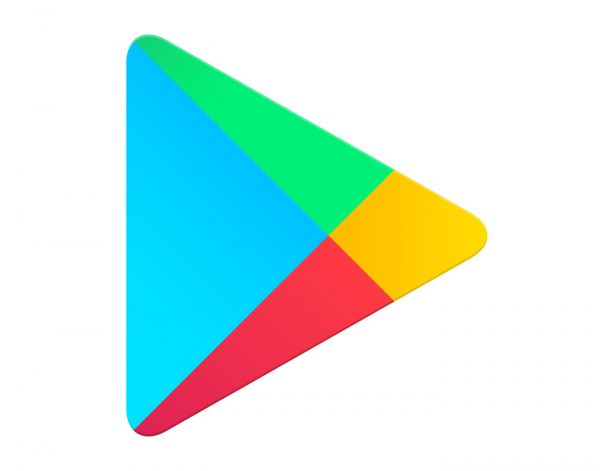Several states in the U.S. including Arizona, Maryland, and Virginia are debating policies that are aimed at limiting the power of tech companies like Apple and Google. Lawmakers across the U.S. have brought up a host of issues like online privacy, app-store fees, and digital ads. State policy proposals have the support of lawmakers who want to control the influence of tech giants which has grown exponentially during the COVID-19 pandemic.
Tech companies like Google and Apple are increasing their lobbying efforts to prevent any new legislation that might oppose their power. Arizona State Rep. Regina Cobb, who is a co-sponsor of the HB2005 amendment, said that Google and Apple began lobbying efforts to prevent the pill before it was formally introduced in February.

Tech giants like Apple and Google stepping up lobbying efforts ahead of Arizona bill vote
Regina Cobb said the legislation is about “consumer protection and transparency,” and that a final vote would take place within April. The state representative believes there are enough votes to pass the bill in the Senate despite Apple and Google lobbying heavily against it.

If a bill aimed at curbing the power of tech giants is passed in Arizona, Apple’s App Store and Google’s Play Store would have to enact new measures. If the bill passes, it would stop Apple and Google from implementing in-app payment systems, and from demanding a 30% or 15% cut from developers.
According to the Wall Street Journal, both Apple and Google declined to comment on any lobbying efforts but a spokeswoman for Apple did say that the company “created the App Store to be a safe and trusted place for users to download the apps they love and a great business opportunity for developers. This legislation threatens to break that very successful model and undermine the strong protections we’ve put in place for customers.”

Currently, we do not know if the bill will pass as North Dakota recently voted against a bill that would have prevented Apple and Google from demanding third-party developers to use their platforms to distribute apps. The bill would have allowed developers and users to circumvent the App Store for app downloads and in-app purchases.
Read Also:
1 comment